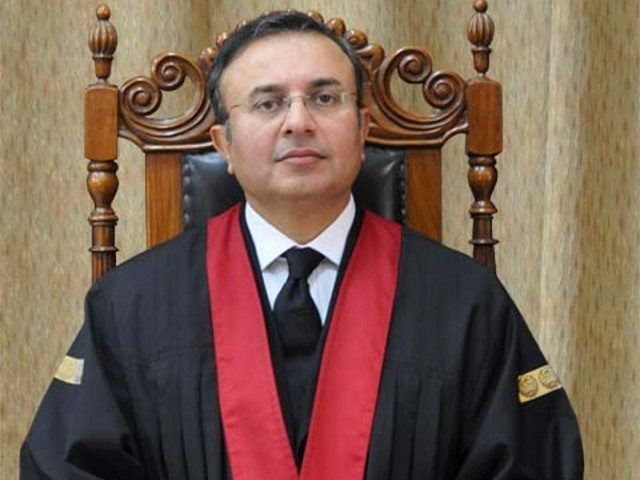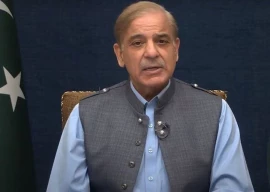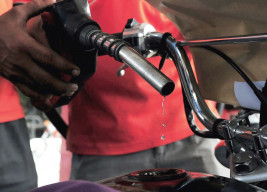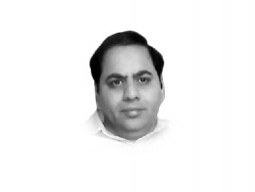
Supreme Court's senior puisne judge Syed Mansoor Ali Shah has requested the chief justice of Pakistan, Yahya Afridi, to form a full court for hearing the petitions filed against the 26th Constitutional Amendment that resulted in sweeping changes in the country's judicial system.
He has also urged CJ Afridi to postpone the upcoming meeting of the newly constituted Judicial Commission of Pakistan (JCP)--scheduled for today--for nominating new judges for appointment in superior court until the full court decides the fate of the amendment and forms its rules.
In a three-page letter sent to the CJ as well as all JCP members on December 4, Justice Shah noted that the JCP was reconstituted under the 26th Constitutional Amendment, whose very constitutional validity has been challenged before the SC by numerous petitioners from diverse segments of society.
"Over two dozen petitions are currently pending before the Supreme Court in this regard. While the outcome of this challenge remains uncertainit may fail or succeed, a verdict invalidating the Constitutional Amendment would render any actions or decisions taken by this new JCP, particularly including nominations for the appointments of additional judges in various high courts.
"Such an eventuality could cause a serious embarrassment to the institution and the individuals involved, as was witnessed following the Supreme Court's decision in the Sindh High Court Bar Association case. It will not only embarrass and weaken the institution but will also lead to a significant waste of public resources and time."
He said this embarrassment and loss could be avoided by hearing and deciding the petitions challenging the 26th Constitutional Amendment so that the question mark put on the legitimacy of this JCP is resolved once and for all.
The judge said appointments of additional judges in various high courts by the JCP, whose constitutional validity and legitimacy is under question, will cast shadows over the moral authority of these appointments and generate mistrust and weaken public confidence in the judiciary of Pakistan.
He said in order to avert these anomalies, he and Justice Munib Akhtar, as the majority members of the then committee under the SC (Practice and Procedure) Act 2023, resolved on October 31 to list the petitions challenging the 26th Constitutional Amendment for hearing before the SC full court.
"However, despite this decision, those petitions have not yet been [listed] for hearing by the Registrar before the full court. And we never received any response from your good-self or from the Registrar in this regard," he added.
The senior puisne judge noted that there is also a constitutional impediment to the making of appointments of judges by the JCP as clause 4 of Article 175A of the Constitution expressly mandates the commission to make its rules of procedure, including the procedure and criteria for assessment, evaluation and fitness for appointment of judges.
"In the absence of such rules, any proceedings undertaken by the commission for the appointment of judges would be unconstitutional," he said.
Justice Shah said in view of this constitutional position, the first act of the previous JCP formed through the 18th Constitutional Amendments was to make its rules.
"Without first making rules prescribing criteria for the assessment and evaluation of the fitness of eligible persons, the nominations for the appointment of additional judges in the high courts are likely to create a public perception that the majority of the executive in the JCP is attempting to pack the courtsan impression that must be dispelled."
The judge noted that the JCP has already nominated judges for the Constitutional Benches of the Supreme Court and the Sindh High Court without any criteria and parameters for assessing and evaluating their expertise in constitutional law.
"These nominations have been made on the strength of the sheer voting power enjoyed by the executive in the commission by virtue of the 26th Constitutional Amendment, and lack any justifiable reason or logical basis," he added.

1730360426-0/Menendez-Brothers-(2)1730360426-0-405x300.webp)






















COMMENTS
Comments are moderated and generally will be posted if they are on-topic and not abusive.
For more information, please see our Comments FAQ